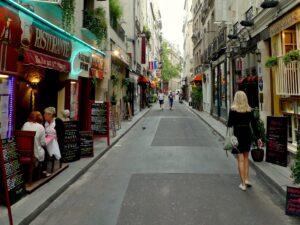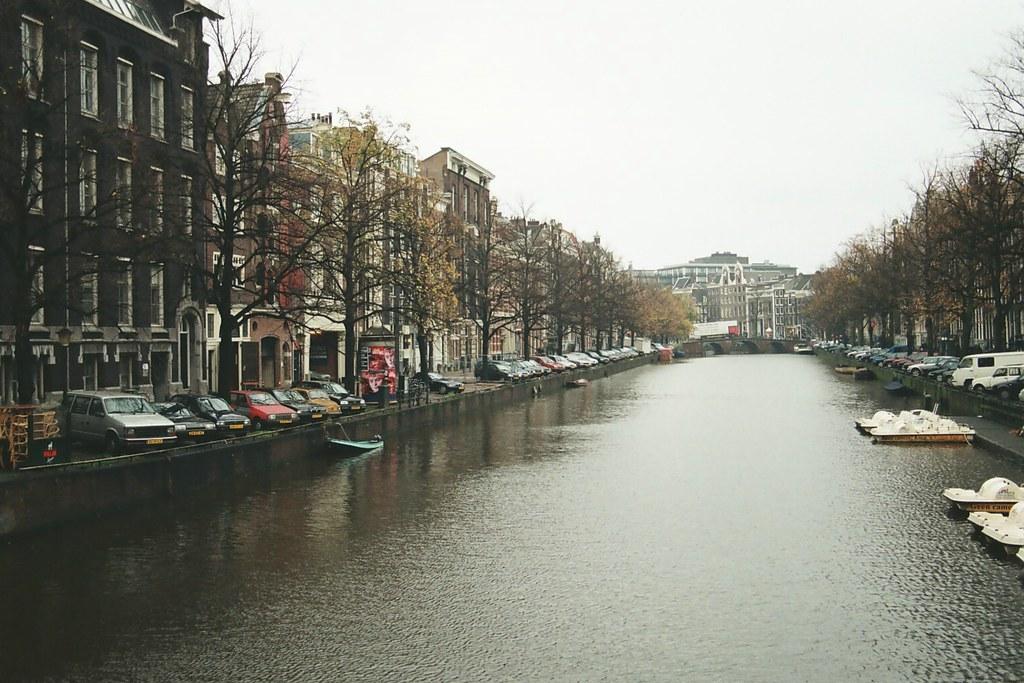Europe is a popular travel destination for people from all over the world, and for good reason. With its rich history, diverse cultures, and stunning landscapes, Europe has something to offer every kind of traveler. However, if you’re a beginner to travel, traveling to Europe can seem overwhelming. But fear not, with a little bit of research and preparation, your European adventure can be an unforgettable experience.
Guide to Traveling to Europe
Deciding where to go

Europe has 44 countries, each with its own unique culture, history, and attractions. The first step in planning your trip is to decide where you want to go. Some popular destinations for first-time travelers include:
- Paris, France
- Rome, Italy
- Barcelona, Spain
- Amsterdam, Netherlands
- London, England
- Berlin, Germany
These cities are popular for a reason – they have plenty of tourist attractions, great food, and a vibrant atmosphere. However, don’t limit yourself to just these cities. Europe has many hidden gems that are waiting to be discovered.
Getting there
The next step is to figure out how you’re going to get to Europe. Depending on where you’re traveling from, you may have different options. The most common ways to get to Europe are:
- Flying: Flying is the quickest and most convenient way to get to Europe. There are many airlines that offer direct flights to Europe from major cities around the world. Be sure to compare prices and book your flight well in advance to get the best deal.
- Train: If you’re already in Europe, or if you’re traveling from a neighboring country, taking the train can be a scenic and cost-effective way to travel. Europe has an extensive train network, with many high-speed trains that can take you from one country to another in just a few hours.
- Ferry: If you’re traveling from the UK or Ireland, taking a ferry to Europe can be a fun and unique way to travel. There are many ferry companies that offer services from ports in the UK and Ireland to ports in France, Spain, and other European countries.
Getting around
Once you’re in Europe, you’ll need to figure out how you’re going to get around. Depending on where you’re traveling and how long you’ll be there, you may want to consider:
- Public transportation: Most cities in Europe have an efficient and affordable public transportation system, including buses, trains, and trams. Many cities also have bike-sharing programs and bike rental shops, which can be a fun way to explore the city.
- Car rental: If you’re planning on traveling outside of the cities, renting a car can be a great way to see the countryside and explore at your own pace. However, keep in mind that some European countries have strict driving laws, and you may need an international driver’s license to rent a car.
- Guided tours: If you’re short on time or if you want to learn more about the history and culture of a particular city or attraction, taking a guided tour can be a great option. Many cities offer walking tours, bike tours, and even food tours that can give you a unique perspective on the city.
Accommodation
Europe has a wide range of accommodation options, from budget hostels to luxury hotels. Depending on your budget and travel style, you may want to consider:
- Hostels: Hostels are a popular choice for budget travelers, as they offer affordable accommodation and the opportunity to meet other travelers. Many hostels also offer private rooms for couples or families.
- Airbnb: Airbnb is a popular accommodation option for travelers who want the comforts of home while traveling. With Airbnb, you can rent a private room or an entire apartment, which can be a great option for families or groups of friends.
Hotels: If you’re looking for more amenities and comfort, hotels are a great option. Europe has a wide range of hotels, from budget to luxury, so you’re sure to find something that fits your needs and budget.
- Bed and Breakfasts: Bed and Breakfasts, or B&Bs, are a popular choice for travelers who want a more personalized experience. Many B&Bs offer homemade breakfasts and are run by locals who can give you insider tips on the best things to see and do in the area.
- Couchsurfing: Couchsurfing is a platform that allows travelers to stay with locals for free. This can be a great option for budget travelers who want to experience the local culture and make new friends.
Money matters
Before you travel to Europe, it’s important to familiarize yourself with the currency and how to get the best exchange rates. The most common currency in Europe is the Euro, which is used in 19 of the 44 European countries. The remaining countries have their own currencies, such as the British Pound, Swiss Franc, and Swedish Krona. It’s a good idea to exchange some cash before you travel, as some places may not accept credit cards. You can also use your credit or debit card to withdraw cash from ATMs, but be sure to check with your bank about any fees.
Culture shock
Europe has a rich and diverse culture, and as a traveler, it’s important to respect the local customs and traditions. Depending on where you’re from, you may experience some culture shock, such as differences in food, language, and social customs. However, embracing the local culture can be one of the most rewarding aspects of travel. Be sure to do some research before you go, and learn some basic phrases in the local language.
Safety tips
Europe is generally a safe place to travel, but like any destination, it’s important to take some basic precautions to stay safe. Some tips to keep in mind include:
- Be aware of your surroundings and keep an eye on your belongings in crowded areas.
- Only use licensed taxis or ride-sharing services.
- Keep your valuables in a safe or hidden location in your accommodation.
- Be cautious when using ATMs, and be sure to cover the keypad when entering your PIN.
- Keep a copy of your passport and important documents in a separate location.
Traveling to Europe can be a wonderful and rewarding experience, but it’s important to plan ahead and do your research. By deciding where to go, figuring out how to get there and get around, choosing the right accommodation, familiarizing yourself with the local culture and customs, and taking basic safety precautions, you can make the most of your European adventure.
Keywords: Europe, travel, beginner’s guide, destinations, transportation, accommodation, currency, culture, safety, traveling to europe, guide to traveling to europe, traveling to europe guide, tips for traveling to europe, beginners guide to traveling to europe, steps for traveling to europe, traveling to europe beginners guide, traveling to europe best destinations, best destinations for traveling to europe
Check out our Novel Writing Workbooks
Check out Little Tree Food Forest for articles on food forests and homesteading.
Check out FoodieScapes for articles on growing, fermenting and preserving food
Check out StoryScapes.World for articles on writing.
Subscribe to our newsletter to get information delivered to your inbox on homesteading, growing food, food preparation, travel, fishing, and more.











